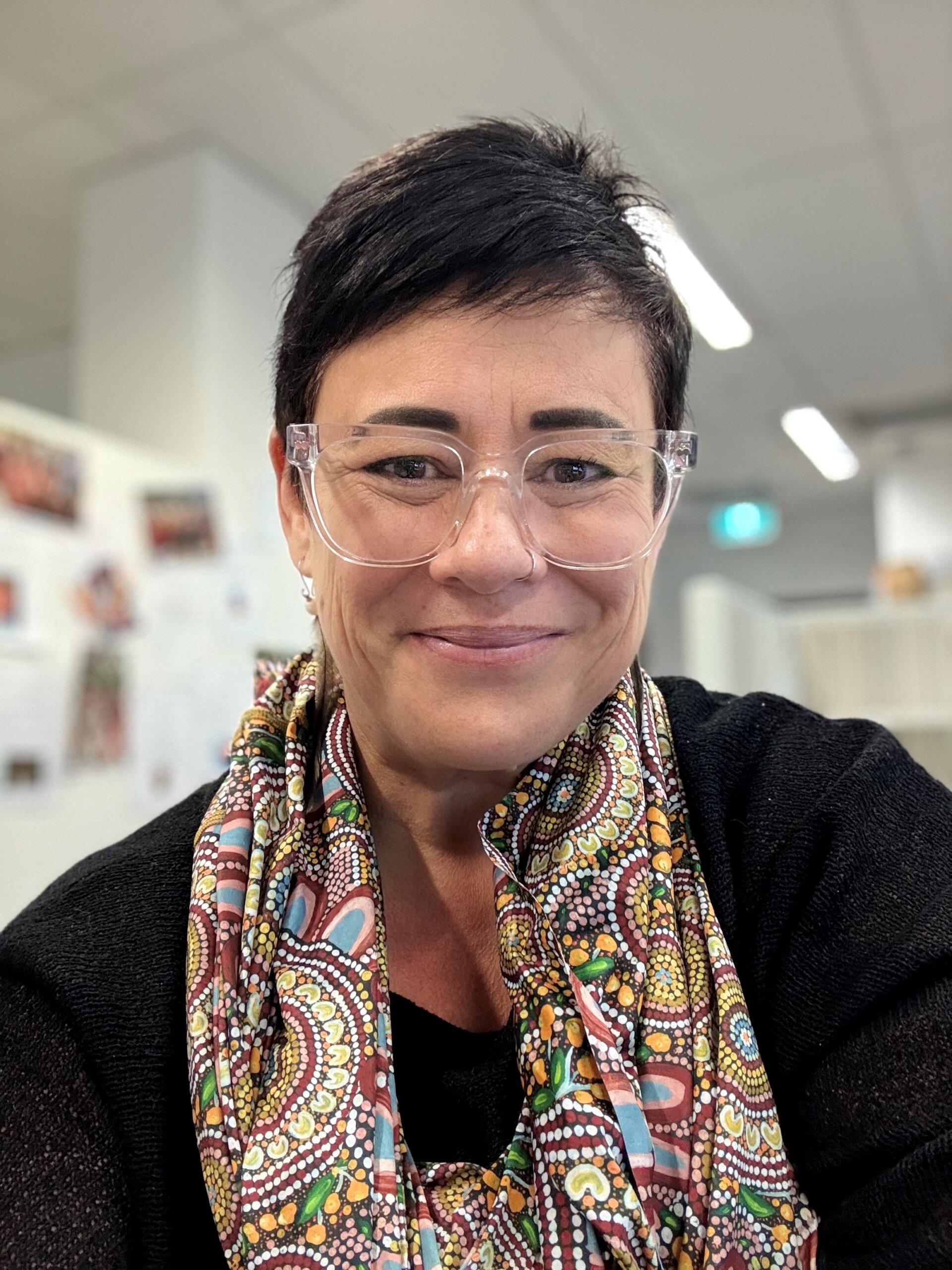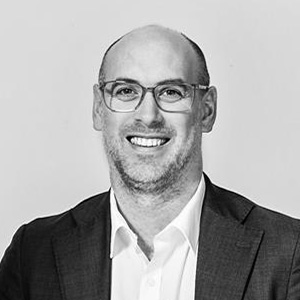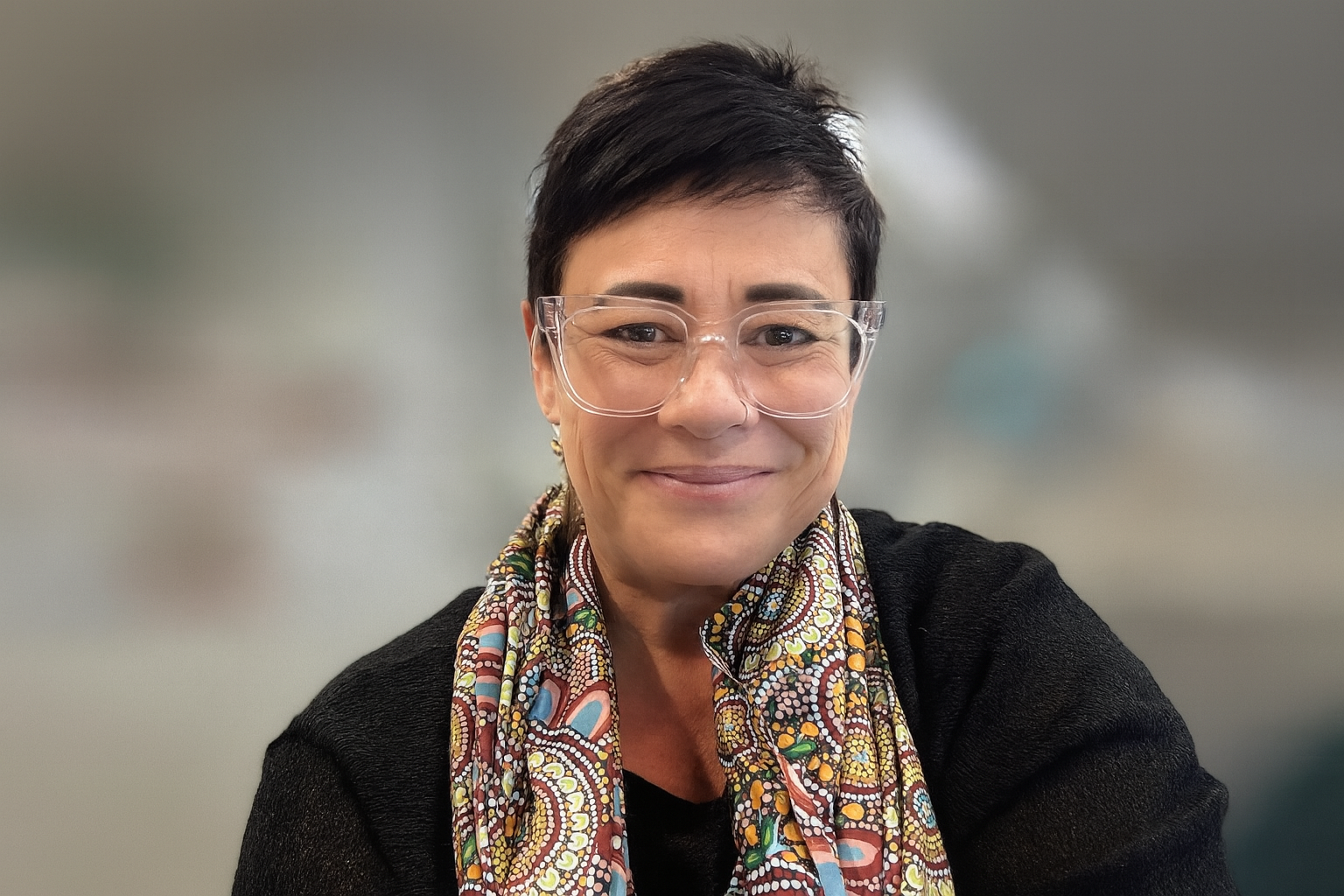Download our starter guide today
Proud Kamilaroi woman and ACAP University College alumna Mellissa Johnson overcame personal and cultural barriers to become a social worker. Now she’s using her experience to inspire others.
For Mellissa Johnson, growing up as a Kamilaroi woman came with challenges – but also instilled a deep empathy that would one day shape her future in social work.
“I wasn’t allowed to tell anyone I was Aboriginal,” Mellissa says. “My parents were scared I’d be taken away, or my dad would lose his job. I was told to say I was Spanish. But everyone knew, it was the worst kept secret.”
“I was bullied by both sides. Either for being too dark, or for not being Aboriginal enough,” she explains. “But it helped me walk in two worlds. It gave me perspective, and a drive to advocate for people who feel unseen.”
Overcoming obstacles to return to studies
Although Mellissa left school in Year 12, she had always wanted to continue her education, but there were obstacles in her way.
“I didn’t finish Year 12, I was diagnosed with ADHD; I got married young, and I had two children. By the time they left the house I felt it was too late for me to pick up education again. Then I got breast cancer in 2020. And oddly, that changed everything. I said, no more waiting. I’m doing this.”
A mentor encouraged Mellissa to consider social work, so she began to look around and that’s when she found ACAP University College’s Bachelor of Social Work.
“I did my research. ACAP stood out. The smaller classes, the flexibility of online and in-person, the focus on counselling and social work. It felt more human. And I thought, I can do this.”
While Mellissa found success in her studies at ACAP, she is candid about the barriers many Aboriginal people face when it comes to education.
“A lot of Aboriginal people don’t realise university is an option,” she says. “Many feel like because they haven’t finished school or got the ATAR results, they can’t go back and study. This is why I appreciate ACAP. I didn’t finish school, but you don’t need a good ATAR to go to ACAP. There are scholarships, cadetships, pathways.”

It wasn’t just time out of education that was her only roadblock to studying. Mellissa feared that returning to an education institution would mean she would encounter the same racism she had as a child.
“I think a lot of people from Aboriginal backgrounds worry about the culture they might face in a big institution and that can often be a roadblock to stop people going back to education.”
“I have to say my fears were quickly alleviated when I start at ACAP. While no place is perfect and there are still things that can change, I felt like a found a whole new community of inclusive, caring people. Now I have friends from India, from Pakistan, from Lebanon and friends of all different religions.
“As a mature student it comes with even more worries about fitting in, but I even met one of my best friends through ACAP on my placement and she is over a decade younger than me, but we do things like go to Tamworth Country Music Festival together.
“My time at ACAP opened so many doors for me not just in my education and career, but also in my social and personal life. I want to urge everyone who feels there are too many obstacles in their way to look into their options, because there are options out there to help them get back into studying.”
Why her heritage and culture made social work a perfect fit
Having overcome so many boundaries, in June 2025 Mellissa recently graduated from ACAP University College with a Bachelor of Social Work and has already found a rewarding job that feels right for her.
Mellissa didn’t just complete her studies she excelled. Through ACAP, Mellissa organised an Aboriginal Allied Health cadetship, becoming the first Aboriginal cadet at Northern Sydney Health, and completed over 12 months of hands-on experience in hospitals and trauma counselling spaces.
She feels that this is because the industry is in desperate need of people with her background who can speak to people from her culture.
“I don’t just want to work with Aboriginal people,” she says. “But being Aboriginal gives me a unique insight into how people from my background and communities feel marginalised. If I can make just one Aboriginal person feel safe seeking care, that’s a ripple effect. They might tell others. It breaks the cycle.”
“But it’s not just Aboriginal people,” Mellissa added, “I have found that all forms of minority, whether its refugees, LGBTIQ+, or people affected by trauma, have felt confident in opening up to me because I have walked in their shoes.”
Now, she’s passionate about encouraging others to follow. “This is why we need more Aboriginal voices in allied health, in aged care, trauma, domestic violence services. There are jobs out there, and not enough people to fill them.”
A call to action
As a proud Murri woman, Mellissa believes her culture is her strength – and that universities like ACAP can play a key role in helping people realise that.
“Yes, the journey had challenges. But I found support, from peers, from lecturers, from the ACAP community,” she says. “And now, I get to give that support back.”
Her message is simple and powerful: “If you’re an Aboriginal woman thinking about studying social work – do it. If I can do it, so can you.”
Interested in a career that cares? Explore at: ACAP | Accredited Social Work Courses


